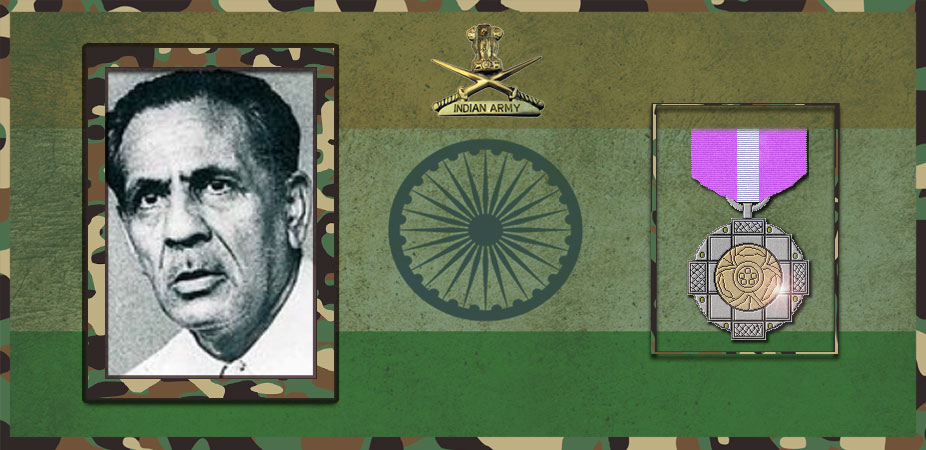Let's salute to our Indian Army together, We are proud to be Indian.
Let's salute to our Indian Army together, We are proud to be Indian.

Raghupati Sahay (28 August 1896 – 3 March 1982), better known under his pen name Firaq Gorakhpuri (Urdu: فراق گورکھپوری, Hindi: फ़िराक़ गोरखपुरी), was a writer, critic, and, according to one commentator, one of the most noted contemporary Urdu poets from India. He established himself among peers including Muhammad Iqbal Yagana Changezi, Jigar Moradabadi and Josh Malihabadi.
Raghupati Sahay was born into a Hindu Kayasth family in Gorakhpur in 1896.
He was selected for the Provincial Civil Service (P.C.S.) and the Indian Civil Service (I.C.S.), but he resigned to follow Mahatma Gandhi’s Non-cooperation movement, for which he went to jail. Later, he joined Allahabad University as a lecturer in English literature. It was there that he wrote most of his Urdu poetry, including his magnum opus Gul-e-Naghma which earned him the highest literary award of India, the Jnanpith Award, and also the 1960 Sahitya Akademi Award in Urdu. During his life, he was given the positions of Research Professor at the University Grants Commission and Producer Emeritus by All India Radio. After a long illness, he died on 3 March 1982, in New Delhi.
Gorakhpuri was well-versed in all traditional metrical forms such as ghazal, nazm, rubaai and qat’aa. He wrote more than a dozen volumes of Urdu poetry, a half dozen of Urdu prose, several volumes on literary themes in Hindi, as well as four volumes of English prose on literary and cultural subjects.
His biography, Firaq Gorakhpuri: The Poet of Pain & Ecstasy, written by his nephew Ajai Mansingh will be published by Roli Books in 2015. The book included anecdotes from his life and translations of some of his best work.